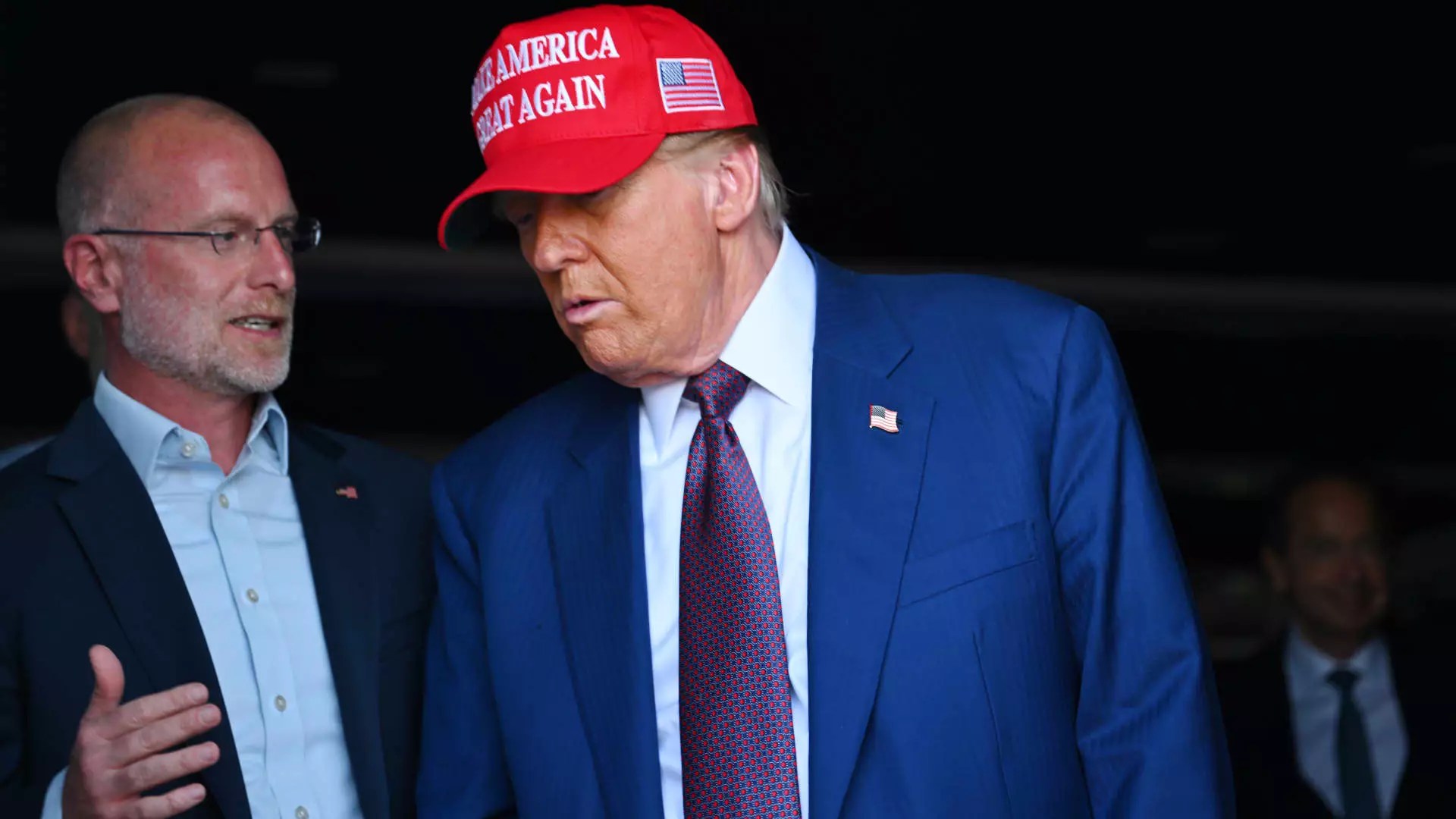In a significant move, the Federal Communications Commission (FCC) has announced an investigation into Comcast Corp.’s practices involving diversity, equity, and inclusion (DEI). According to a letter from the FCC, dated Tuesday, both Comcast and its media division, NBCUniversal, will be scrutinized regarding their commitment to DEI initiatives. This development is particularly noteworthy as it coincides with President Donald Trump’s recent executive order aimed at dismantling DEI practices across federal entities and corporations.
The Context of the Investigation
The FCC, responsible for regulating the media and telecommunications industries, has taken a bold stance by launching this inquiry. While the motivations behind such actions may be tied to political shifts, they also highlight a growing concern about corporate accountability in promoting inclusiveness. The FCC’s Chairman, Brendan Carr, appointed by Trump, expressed his intention to focus on Comcast and NBCUniversal because of their extensive reach within sectors subject to FCC oversight. This inquiry occurs in an environment where DEI initiatives are increasingly being challenged, setting the stage for a potentially pivotal moment in corporate governance.
Responses from Comcast and the Broader Media Landscape
Comcast has publicly acknowledged the FCC’s inquiry, assuring compliance and cooperation with the investigation. The company has emphasized that its culture has long been grounded in integrity and the respect for its diverse workforce and clientele. This response, however, raises questions about the sincerity of Comcast’s DEI claims, particularly in light of the FCC’s assertions that the company engages in practices that might not align with FCC regulations.
Moreover, industry peers are reevaluating their own DEI strategies, a clear indication that the landscape is shifting. For instance, Disney is known to be revamping its DEI programs, indicating that the pressure to conform to new political standards is spreading beyond Comcast. Additionally, public broadcaster PBS has dismantled its DEI office, further signaling the extent to which organizations are adjusting in reaction to the current political climate. Such actions unveil a disconcerting trend where the commitment to inclusivity may be at risk of becoming superficial, driven by compliance rather than genuine advocacy.
The investigation into Comcast is not just about corporate policies; it also reflects a broader battle over the practices associated with DEI. The executive order signed by Trump mandates federal agencies to investigate compliance in publicly traded companies regarding diversity practices. This directive raises significant ethical questions about how corporations should approach DEI, bearing in mind the potential backlash from shareholders, employees, and the public.
As companies grapple with these challenges, they find themselves at a crossroads. The viability of genuine diversity initiatives will likely face scrutiny in the coming months as investigations proceed. Will companies like Comcast reevaluate their priority in advancing DEI, or will they opt to relinquish their commitments to align with the emboldened regulatory environment?
The ongoing inquiry serves as a warning to corporations that espouse DEI values but may falter in their execution. If the FCC uncovers any discrepancies between Comcast’s stated values and actual practices, it could lead not only to penalties but also to a significant shift in how corporate America addresses diversity. Companies might feel compelled to reexamine DEI initiatives, either to ensure compliance or to mitigate reputational damage during a time of increasing scrutiny.
Additionally, this investigation could set a precedent that invigorates other regulatory bodies to undertake similar inquiries into various industries. Stakeholders will be watching closely to see how Comcast navigates this challenge and whether its approach will influence the behavior of other corporations.
The FCC’s investigation into Comcast highlights a crucial moment in how corporate America must align its diversity commitments with regulatory expectations. It could signal a shift towards a more accountable form of corporate governance that genuinely values diversity and inclusivity. As companies react to this inquiry, only time will reveal whether they will prioritize authentic change or retreat under political pressure. This unfolding story is a reminder that the fight for equity in the workplace is far from over, requiring continuous vigilance and commitment from all stakeholders involved.


Leave a Reply